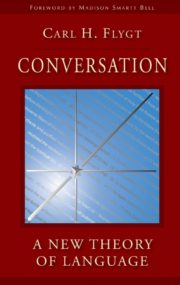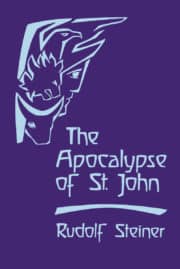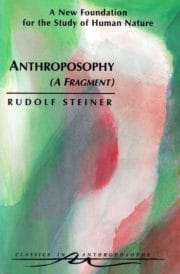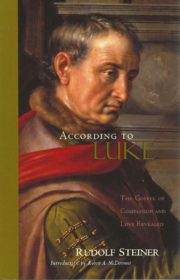The Ecstasies of St. Francis: The Way of Lady Poverty
In this fascinating account of St. Francis’ inner life, Haule, a Jungian analyst and student of Hindu Tantra, shows that, like tantrikas, Francis relentlessly pursued the most disturbing experiences in life to achieve higher states of consciousness—ecstasies in which he stood outside his ordinary self while contemplating and living a higher reality. Francis embraced poverty and sorrows, cared for lepers and outcasts, begged for his bread.
Fascinated early on by romantic and troubadour literature, Francis took “Lady Poverty” as his guide in love, walking her path to change the world. She demanded that he change his whole nature, and he became the beloved saint known today. Haule tells the story of Francis’ life from this point of view and looks at the path of Lady Poverty, trying to understand what Francis meant by “perfect joy.” He also compares Francis’ relationship with Lady Poverty to that with Clare, who began the Franciscan sisterhood, revealing the erotic element of his practice. The author goes on to examine Francis’ daily practice of prayer and meditation, the states of consciousness he achieved, and how these bore fruit in his daily life. Finally, we come to the last crisis of Francis’ life—the final embrace of God and the world—marked by the vision of the Seraph and the appearance of the stigmata.
This is an important book for a deeper understanding of St. Francis and his spiritual life.
C O N T E N T S:
A Note on the Early Biographies
1: Rearranging Our Sensibilities
2: Loosening the Veil around Francis
3: Poverty as a Spiritual Practice
4: Intercourse with Lady Poverty
5: Ecstasy and the Sacred Cosmos
6: Extraordinary Powers
7: Preaching and Improvisation
8: Life on the Rivo Torto
9: Crisis and Transcendence
10: The throne of Lucifer
Bibliography
Notes
About the Author
John Ryan Haule is a Jungian analyst with a practice in Boston Massachusetts. A series of mystical experiences during his college years led him to enter a religious order after graduation, but he left after five years in response to persistent messages in his dreams. In 1973, he earned a Ph.D. in religious studies from Temple University and was Assistant Professor of Religion and Culture at Northeastern University, before leaving to train as a Jungian analyst in Zurich. He has been president of the New England society of Jungian Analysts and of the C.G. Jung Institute-Boston, as well as a member of the executive committee of the International Association of Analytical Phychology, based in Zurich. He is also the author of Divine Madness (Shambhala, 1990), The Love Cure (Spring, 1996) and Perils of the Soul (Weiser, 1999)












Reviews
There are no reviews yet